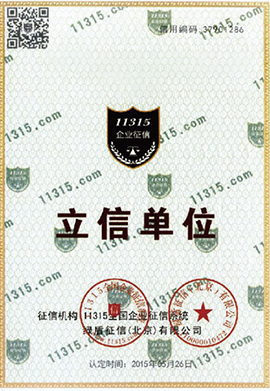poultry litter windrower
The Importance of Poultry Litter Windrowers in Sustainable Agriculture
In the realm of sustainable agriculture, managing waste effectively is crucial for both environmental stewardship and the health of agricultural operations. One of the significant challenges poultry farmers face is the disposal of poultry litter, which consists of manure, bedding, and feed particles. Utilizing poultry litter windrowers has emerged as an efficient solution to manage this by-product, promoting not only sustainability but also enhancing soil fertility.
What is a Poultry Litter Windrower?
A poultry litter windrower is an agricultural tool designed to aerate and turn poultry litter, allowing for better decomposition. This machine reshapes the litter into long piles, or windrows, which enhance the breakdown process by increasing exposure to air and microbial action. These windrowers come equipped with tines or knives that chop and mix the materials, promoting uniformity and accelerating the composting process.
Benefits of Using Poultry Litter Windrowers
1. Enhanced Nutrient Management Properly managed poultry litter can be an excellent source of nutrients for crops. Windrowers ensure that the litter is evenly aerated, breaking it down into a more manageable and nutrient-rich fertilizer. This allows farmers to utilize the composted litter effectively, minimizing the need for synthetic fertilizers and reducing production costs.
2. Improved Odor Control One of the primary concerns associated with poultry farming is odor management. By facilitating proper composting of litter, windrowers help reduce unpleasant odors associated with raw poultry waste. This not only benefits the farmers but also improves the community's perception of poultry operations.
3. Easier Handling Wet poultry litter can be cumbersome and difficult to handle. Windrowers prepare the litter for easier transportation and application. By creating more uniform piles that are easier to handle, windrowers streamline the waste management process, saving farmers time and labor.
poultry litter windrower

4. Soil Health Enhancements Composting poultry litter with the help of windrowers results in a product that contributes to improved soil structure and microbial activity. These benefits lead to enhanced soil health, promoting better water retention and nutrient availability, which are vital for healthy crop growth.
5. Environmental Compliance With increasing regulations regarding waste management and nutrient runoff, poultry litter windrowers help farmers comply with environmental standards. By properly managing litter and minimizing its negative impact on water sources and ecosystems, farmers can operate sustainably while adhering to legal requirements.
Implementing Windrowers in Poultry Operations
Adopting a poultry litter windrower requires consideration of several factors. First, farmers must evaluate the scale of their operations and the volume of litter produced. Choosing the right size and model of windrower that fits the specific needs of the farm is crucial.
Secondly, training is essential. Farmers and workers must be familiar with operating procedures, safety regulations, and maintenance of the equipment. Proper training ensures that windrowers are used efficiently, maximizing their benefits.
Finally, integrating the windrower process into a comprehensive nutrient management plan will optimize the use of poultry litter as a resource. This may include scheduling composting cycles, determining optimal application rates for crops, and maintaining soil health monitoring.
Conclusion
Poultry litter windrowers represent a vital tool in modern sustainable agriculture. By facilitating effective waste management and nutrient recycling, they not only enhance farm productivity but also promote environmental sustainability. As agriculture continues to evolve, investing in efficient technologies like windrowers will play a critical role in supporting the future of poultry farming and the broader agricultural landscape. Embracing these practices ultimately leads to healthier ecosystems, robust crops, and thriving farming communities.
Latest news
-
When to Upgrade Your Old Forage HarvesterNewsJun.05,2025
-
One Forage Harvester for All Your NeedsNewsJun.05,2025
-
Mastering the Grass Reaper MachineNewsJun.05,2025
-
How Small Farms Make Full Use of Wheat ReaperNewsJun.05,2025
-
Harvesting Wheat the Easy Way: Use a Mini Tractor ReaperNewsJun.05,2025
-
Growing Demand for the Mini Tractor Reaper in AsiaNewsJun.05,2025







